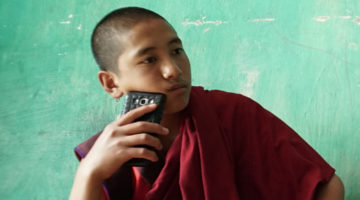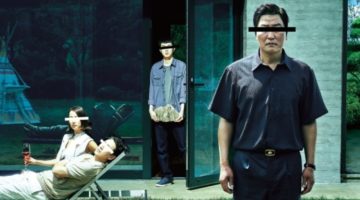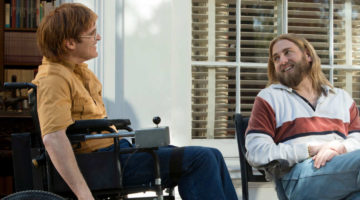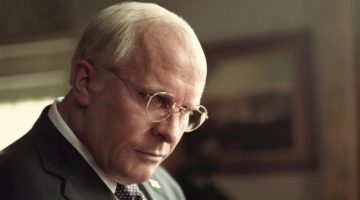Cannes 2012 Review: In The Fog (V Tumane)
Russia takes centre stage with In The Fog, a dramatic competition entry for the country in the Cannes Film Festival set in a German-occupied front during World War II.
Directed by Sergei Loznitsa, In the Fog (V Tumane) tells the story of the earnest and prideful Sushenya, a family man trying to make moral choices in an amoral time. Accused of subterfuge towards the German occupation, Sushenya is detained, but at last set free. His three comrades are already dead, condoned and hanged in public, but while Sushenya has returned home, rumor and discussion have spread.
His freedom is short lived, as two men arrive to exact their own form of justice on Sushenya, one of whom has long-standing ties with the Russians. Into the forest the three men go where execution awaits, but when plans go awry, each must question their own purpose and choose to live or die. As they fight to survive, from the known and unknown, Sushenya’s harsh past is revealed.
The two hour movie moves along at a slow, methodical pace, with the actors and setting as opposed to action and music, command attention. The world created is a cold one and the lack of music in the film only serves to make the environment lonelier and darker. The acting is superb, especially Vladimir Svirskiy as Sushenya, whose toughness does not interfere with his sensitivity, and vice verse. It is an impressive feat too considering they’re not speaking in English.
Still, tension ebbs at times in a film where the scenes may drag on a bit too long, and where certainly a closeness to the times and source material would help its effectiveness. It is a drawn-out drama, with far more discussion than action, and lots of wandering around the forest, and fog.
It is a rare war movie that is so focused on such a small event, on so few characters. It is a small and thoughtful movie that was meticulously crafted and thoroughly well-executed, rightfully earning a spot on the Cannes Film Festival screen.
Now a word about this medium, writing. Most journalism is not objective, especially when it comes to criticism. Aside from many outside factors, writers can be influenced by what happens off the screen, inside the theatre. I saw this movie at the Grand Lumiere Theatre, a 2,300 seat venue inside the Palais that is the heart and soul of the Cannes Film Festival. I sat in the orchestra section in the centre, about eight rows from the front. And right behind, sat the cast and crew.
The Russia film was not main-stream enough to warrant an evening gala as most of the competitions films earn; most of the actors are not at all known in North America, and their names are as anonymous as their faces. Still, they got a chance to walk the red carpet in front of the cameras and were greeted with a deserving thunderous applause upon entering the theatre.
Not to over-sentimentalize, but it was a beautiful sight to see such humble and appreciative actors enter the room and take a seat for an event that is all theirs, something that may be a once in a lifetime event for them. The actors were completely dedicated to this piece, and it showed in the movie as it did on their faces when the film ended, the lights turned on, and they took their well-deserved bow.
[star v=3]








